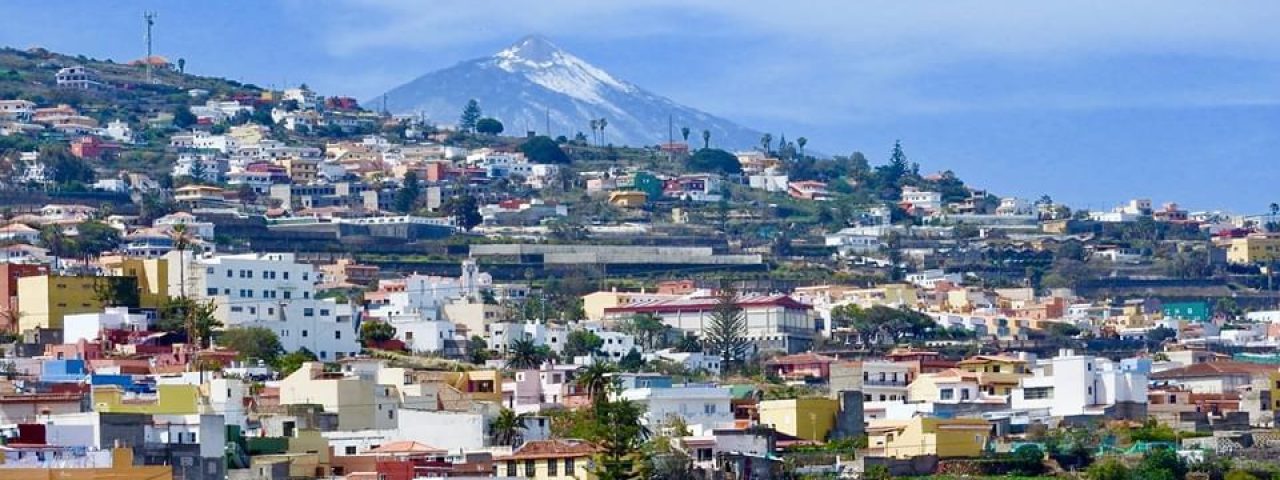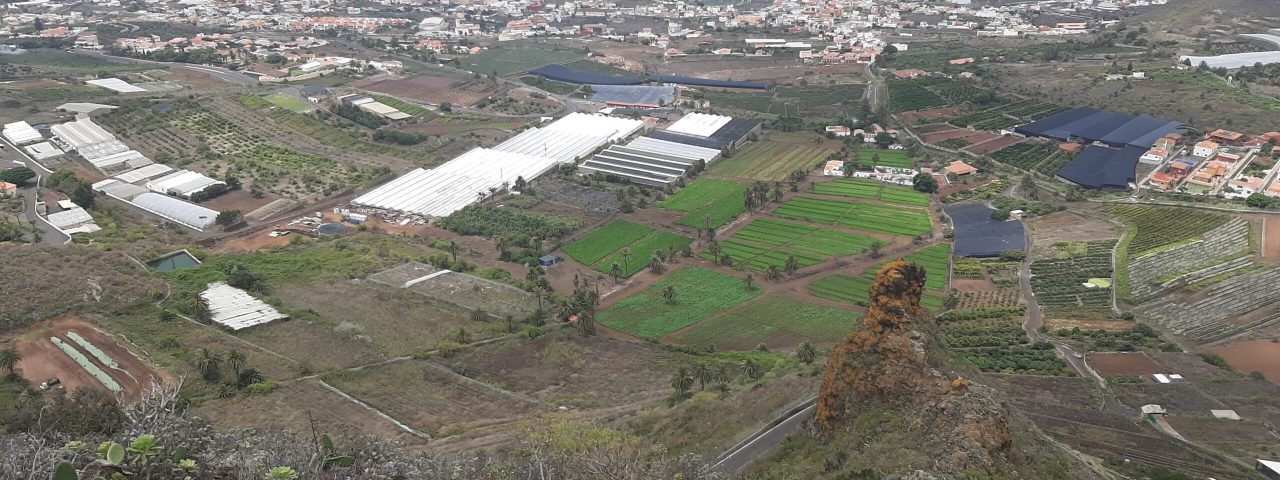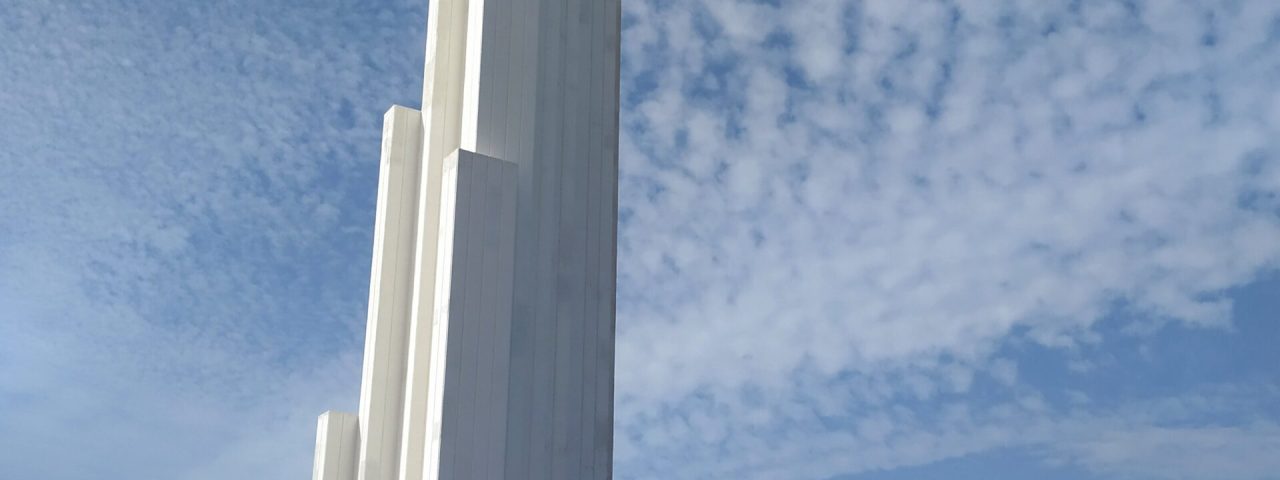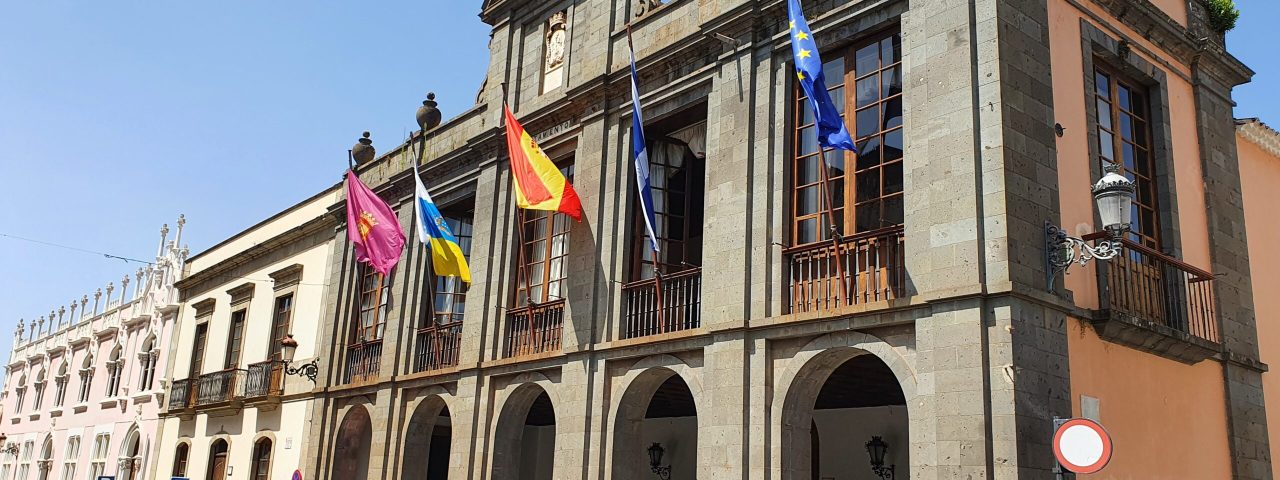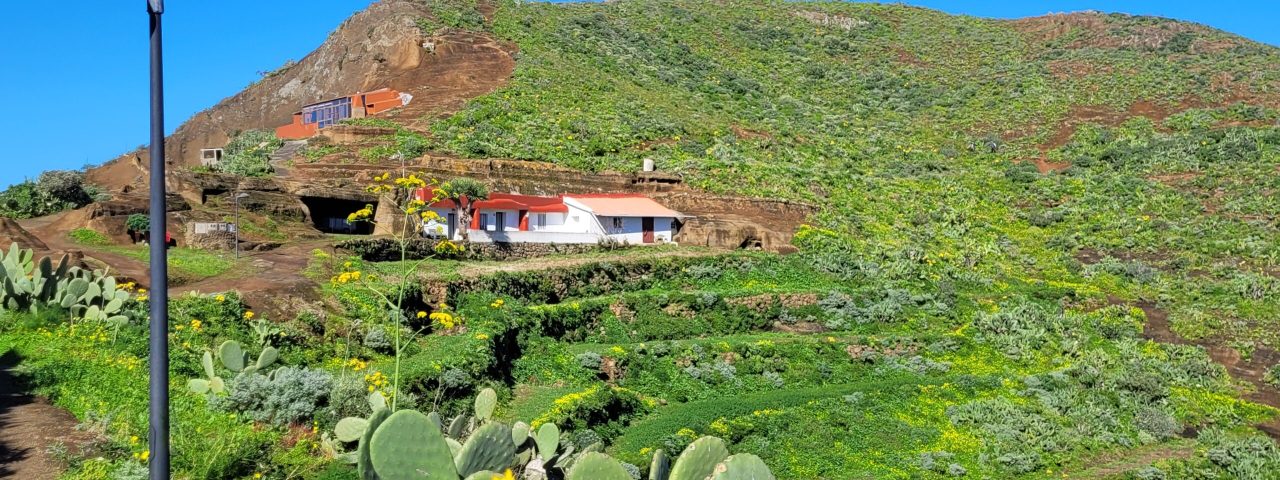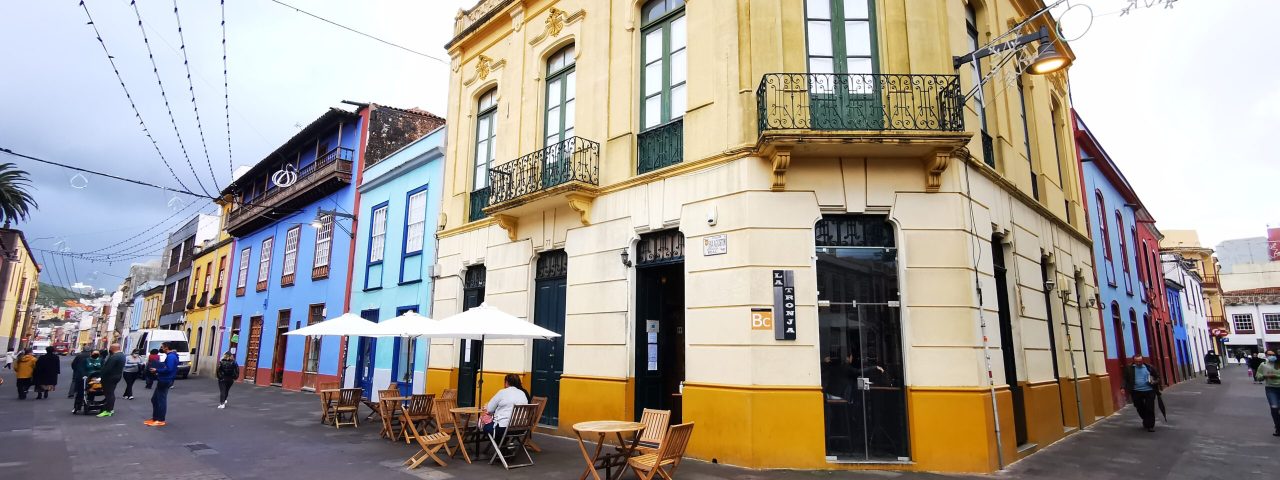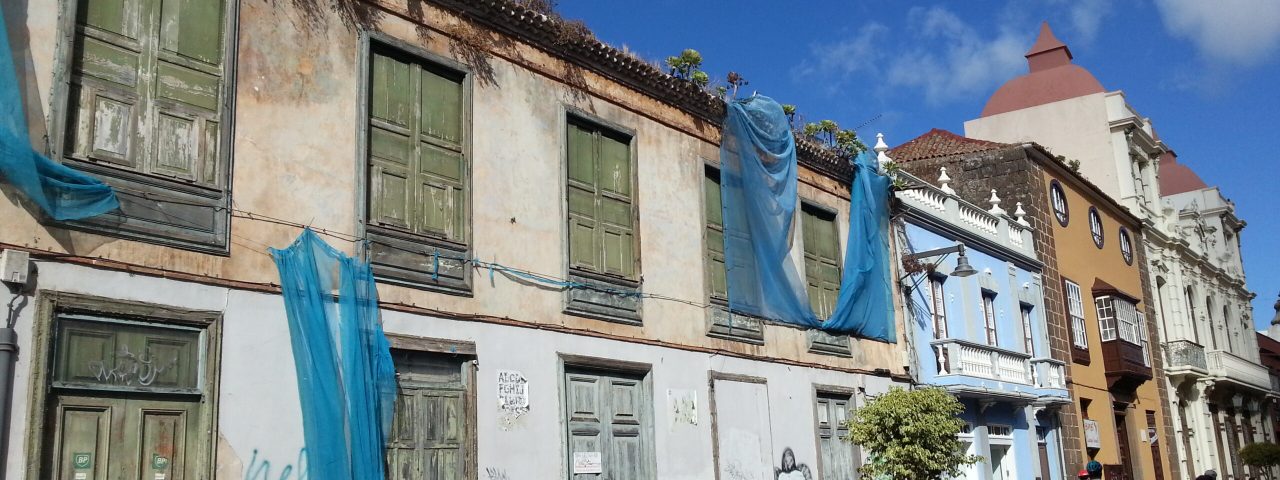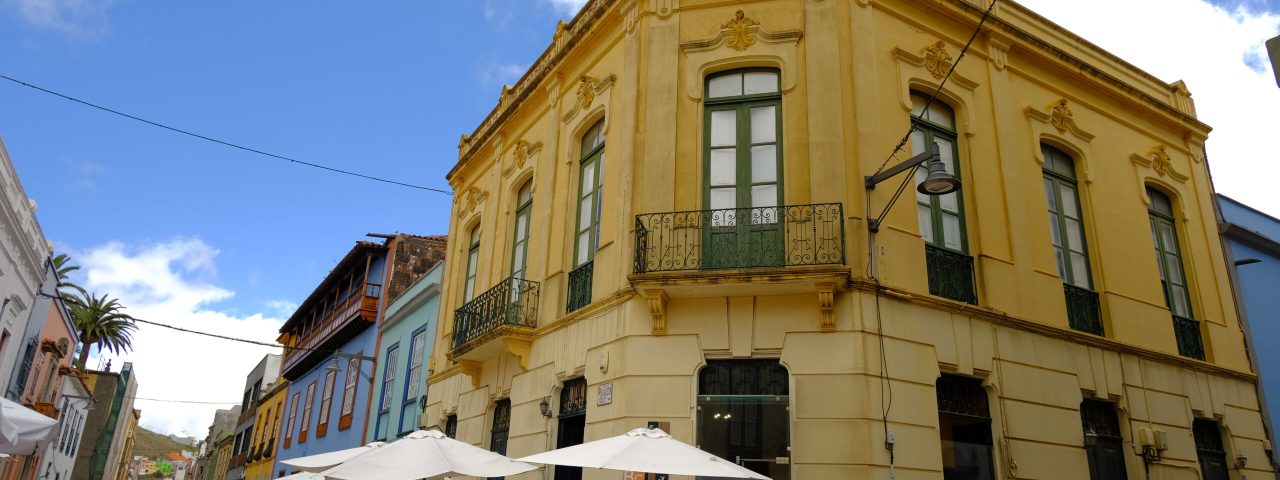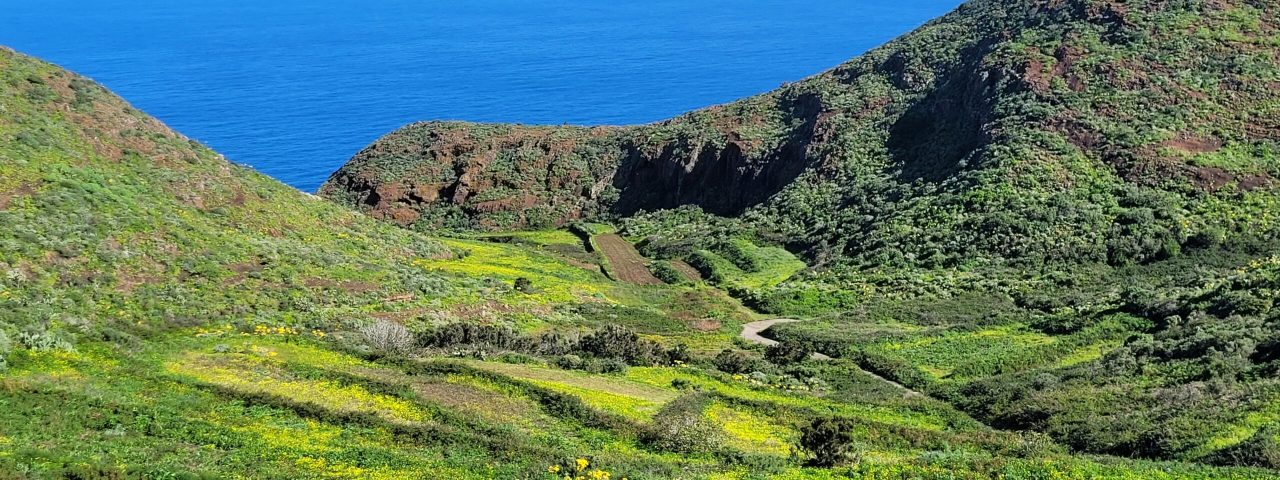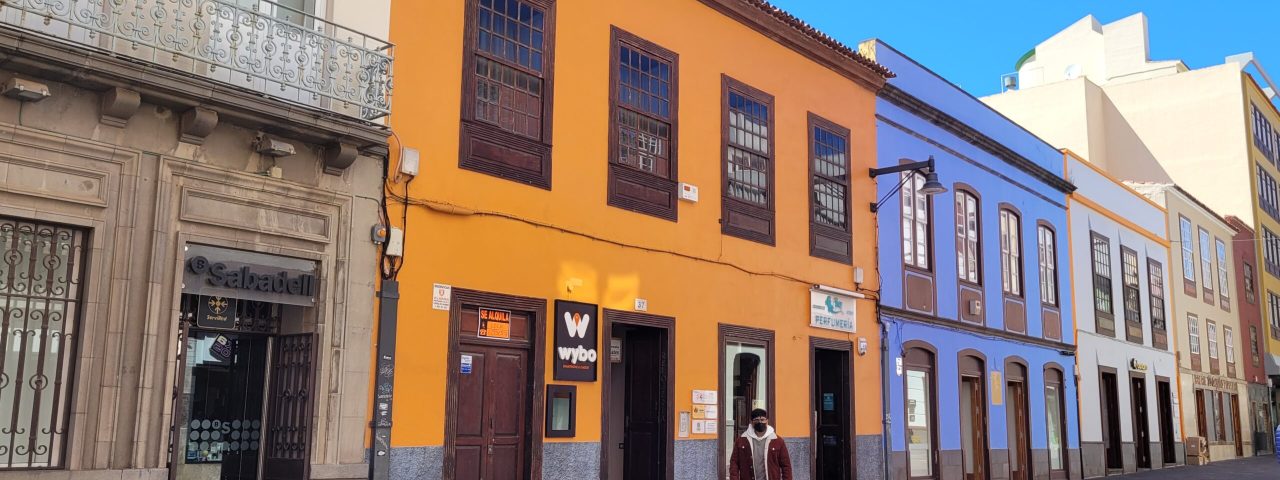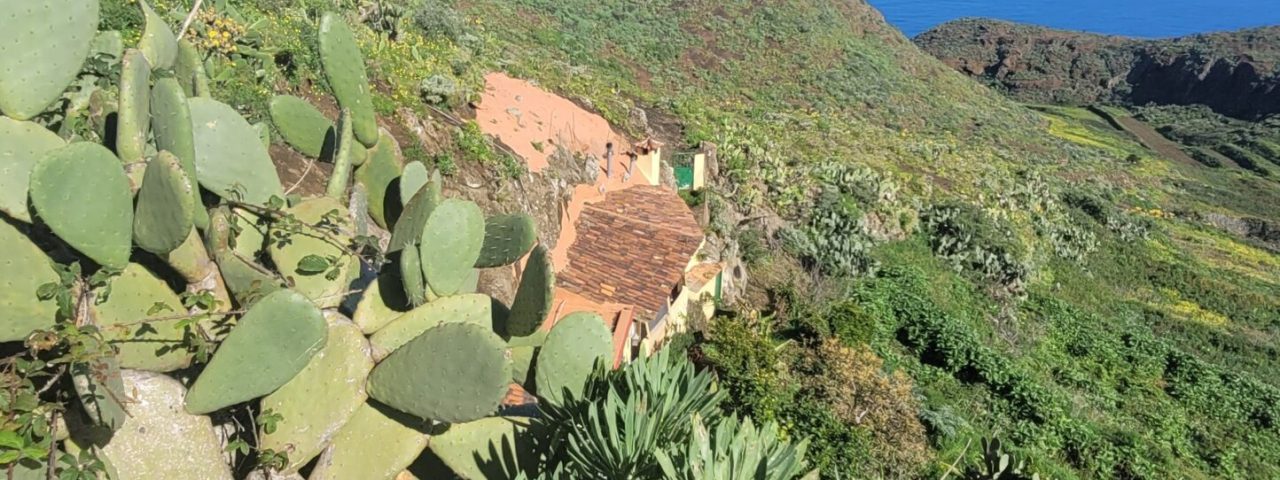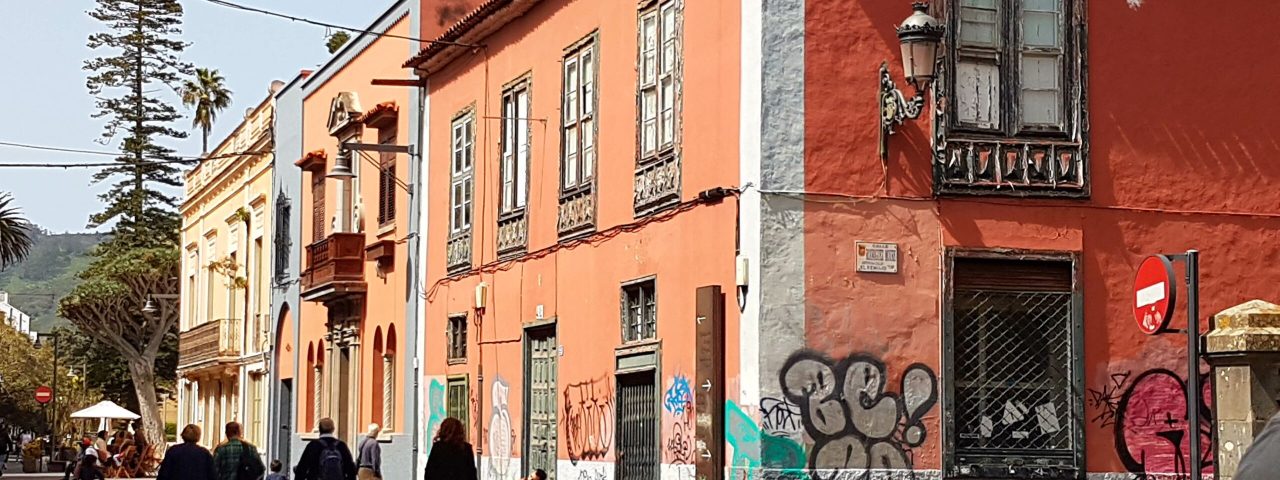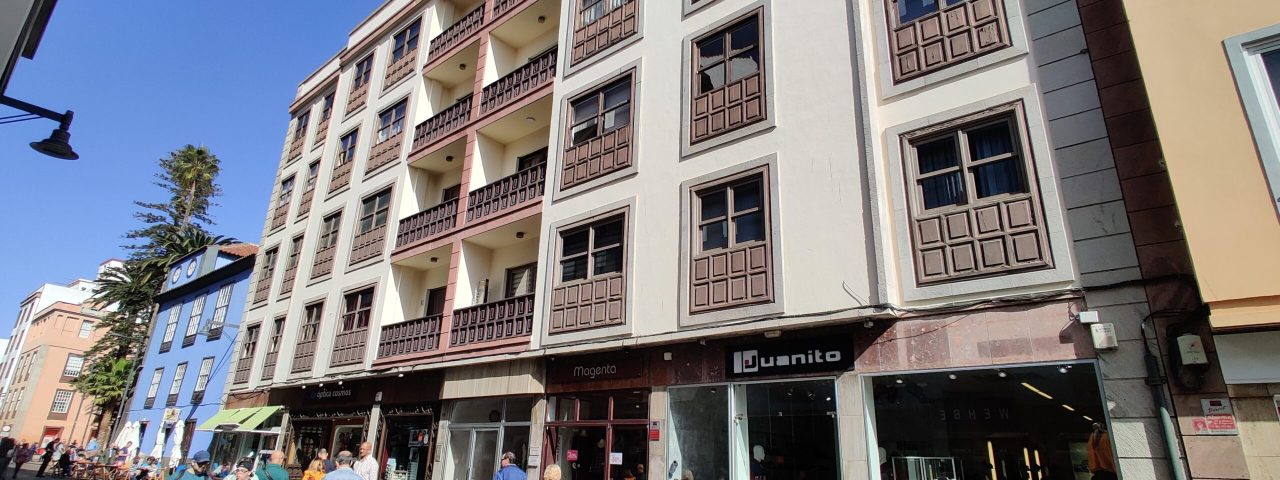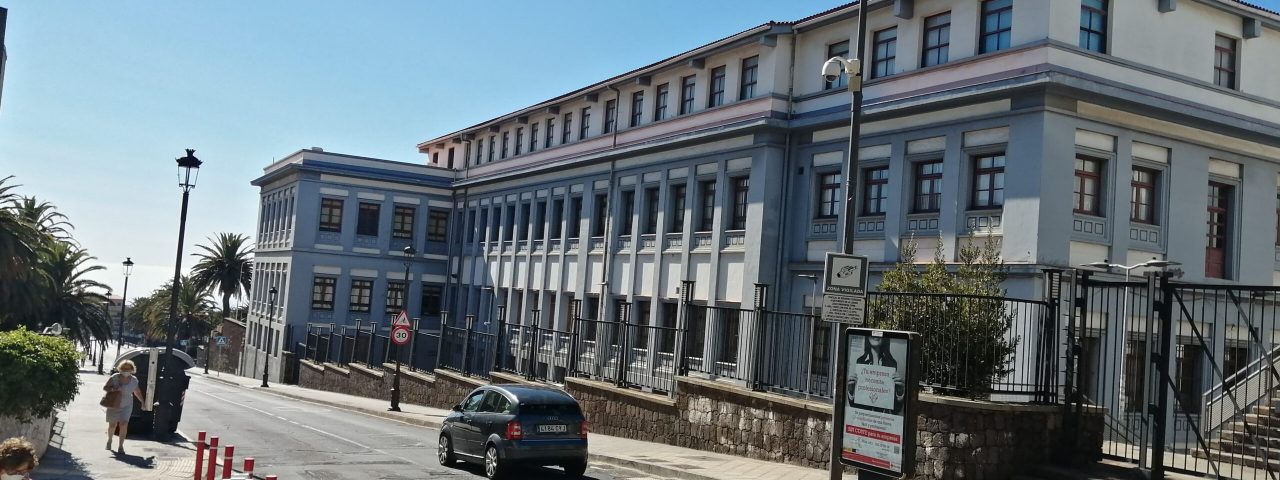La Laguna was founded in 1496 by Alonso Fernández de Lugo, following the Spanish conquest of Tenerife, and became the island’s first capital. The city’s historic center reflects its rich colonial past, with a layout that has served as a model for many colonial towns in Latin America. La Laguna’s streets are filled with examples of the blend of European and indigenous Guanche influences, showcasing a unique historical narrative.
The city plays a vital role in the Canary Islands’ cultural identity and is home to the prestigious University of La Laguna, one of Spain’s oldest universities. This academic influence has made La Laguna a vibrant cultural hub, with a youthful energy that permeates the city’s streets. Throughout the year, the city hosts a variety of cultural events, from traditional religious processions to modern art exhibitions.
A standout cultural event in La Laguna is the celebration of Semana Santa (Holy Week), during which elaborate religious processions wind through the city’s streets, drawing visitors from around the world. Another highlight is the Fiestas del Cristo de La Laguna in September, which combines religious devotion with colorful street parties, music, and fireworks.
